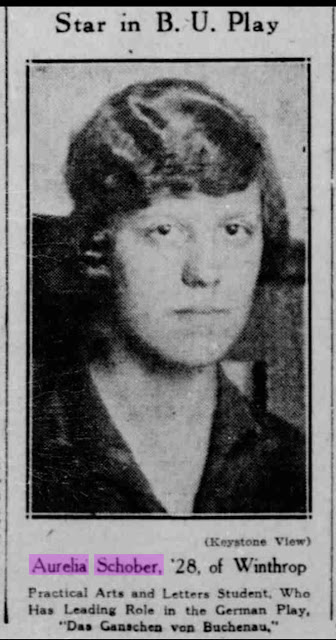Sylvia Plath was under uniquely monstrous pressure to write happy, reassuring letters home, right?
Dearest
Father and Mother! . . . Cable me as soon as you can as soon as you
see my latest article in print . . . Your advice is very good, dear
mother, I'm keeping my umbrella handy . . . No, work doesn't really tire me,
dearest of parents. But if I do feel fatigue, I stop writing . . . I
really feel very well . . .
-Theodor Herzl, 1888
. . . I have
never met anybody in my life, I think, who loved his mother as much as I
love you . . . . the reason I am a poet is entirely because you wanted me
to be and intended I should be, even from the very first. You brought me
up in the tradition of poetry, and everything I did you encouraged. I
cannot remember once in my life when you were not interested in what I
was working on, or even suggested that I should put it aside for
something else.
-Edna St. Vincent Millay to her mother, 1921
Are you certain that only Sylvia Plath, because she had to, wrote her mother about every little detail?:
I have been in Rome three and a half days and it seems like a whole epoch. I felt at home here more quickly than in other towns I've been to, and I had expected the contrary. Perhaps it is because the first thing I did here was listen to some good music. I arrived about midday on Saturday and congratulated myself on having the rest of the day to look for a hotel. But after I'd got my breath, bought and studied a town-plan and had lunch, it was already 2:30 . . .
-Simone Weil to her mother, 1937
One might argue that these authors' "false selves" wrote these fakey letters full of highlights with no lowlights to please and reassure very needy parents.
Yet on social media we "post" mostly our highlights and successes. Sylvia Plath in her letters "posted" the same.
Give Sylvia some context, such as what other writers wrote to their parents, and how we select our social-media posts, and how often, and it is not so simple as "700 letters means a sick bond with her mother."
Sylvia had a "following." Aurelia typically read Sylvia's letters aloud to family, friends such as the Nortons and Cantors, or showed them to neighbors or others interested in Sylvia's progress, and Sylvia knew that.
Sylvia said so:
. . . I manage [to write] a weekly vignette to mother and rely on her to disseminate the cultured pearls and grains of sand, such as they are! (to Gordon Lameyer, 12 December 1955)
When Sylvia did not want particular passages "disseminated," she let her mother know:
This is all rather private musing, and I would rather you kept it in the
family and shared the most extroverted passages with other people. (to Aurelia, 14
November 1955)
Non-writers might not understand that skilled writers such as Plath could turn up the heat or play it cool depending on their audience. This has nothing to do with a "false self" versus a "true self," as if humans could have only one solid unified self. The self is symphonic!
I think Aurelia savored reading to and sharing with Sylvia's followers to showcase her
daughter's success and devotedness. If that is bad, it is just as pathological when modern parents and grandparents showcase brag-worthy offspring to every neighbor and friend and colleague they can collar. Does that mean their lives are empty? No, it means their lives are full. (Before grandparents had cellphones, they bought and carried small photo albums called "brag books," and Aurelia did too.)
Aware that her letters were a family affair, Sylvia liked knowing that while she was under pressure the folks at home cared that she wrote, creatively or otherwise, telling them from England:
I miss that very subtle atmosphere of faith and understanding at home, where you all knew what I was working at and appreciated it, whether it got published or not.
-Sylvia Plath, February 1956







,%20Josepha%20Magdalena%20Schmidt%20(1828%E2%80%931863)%20%E2%80%A2%20Land_%20-%20www.familysearch.org.jpg)

